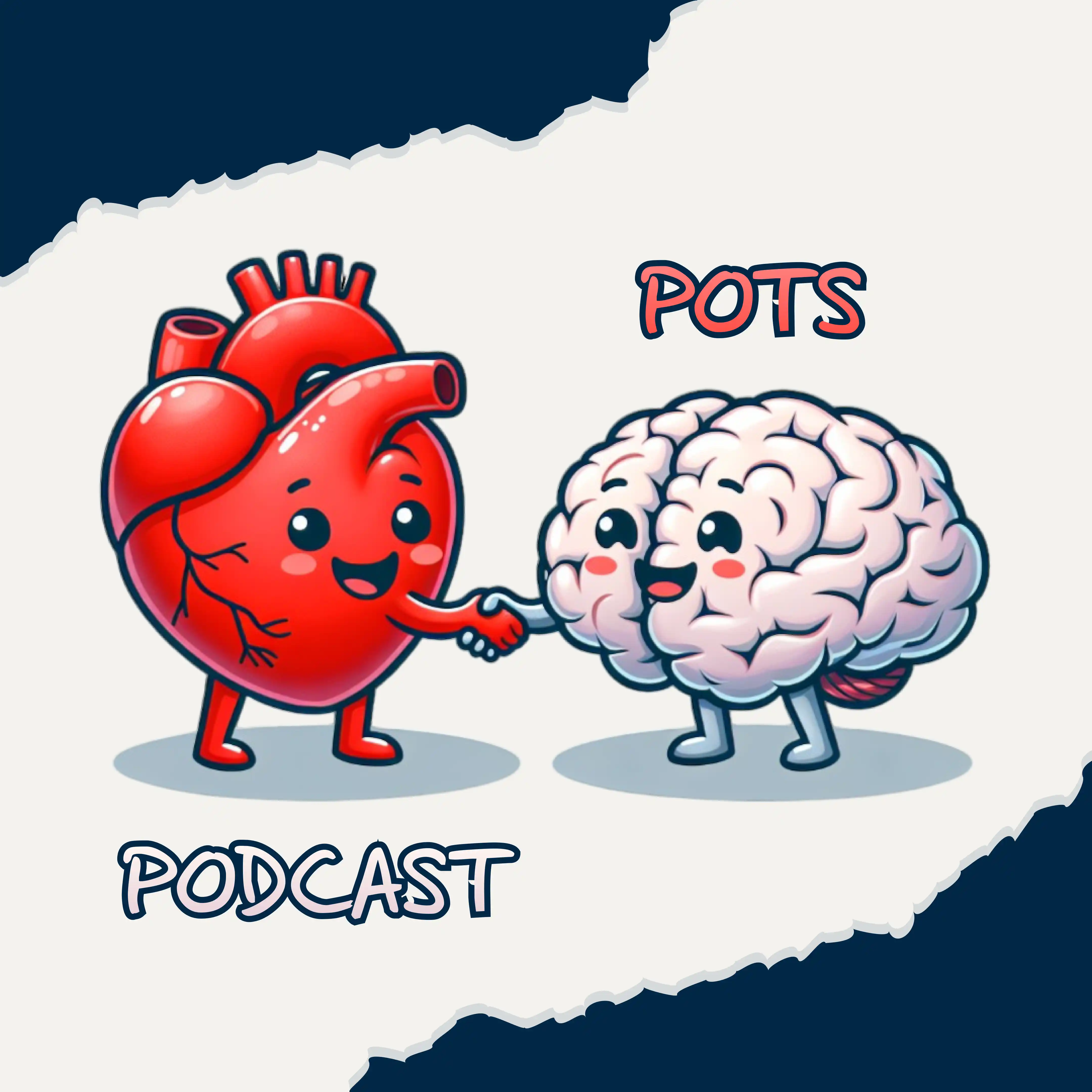
Two Patients, Two Impossible Recoveries: What 37 Years of Practice Taught Me About Hope
Dr. Joseph Schneider reflects on attending the wedding of a former patient who suffered a devastating hockey concussion in eighth grade, losing 18 months of his life to chronic migraines, fatigue, and medical disbelief. This celebration triggered memories of another remarkable case: a college ROTC student with severe amnesia who couldn't remember his own brothers after a car accident. Both patients were written off by conventional medicine, yet both went on to build successful lives through comprehensive functional neurology treatment. Dr. Schneider explains why segmented care approaches fail in complex brain injury cases and how his integrated functional neurology and functional medicine protocols address the full spectrum of neurological dysfunction. He discusses the critical role of autonomic nervous system rehabilitation in treating Postural Orthostatic Tachycardia Syndrome (POTS) and dysautonomia, and why addressing both neuroinflammation and neuroplasticity simultaneously produces lasting results. Drawing from decades of experience treating thousands of complex cases, Dr. Schneider explores the difference between surviving and thriving after brain injury, offering hope to patients currently struggling with conditions that mainstream medicine considers permanent. This episode provides insight into the comprehensive approach needed for true neurological recovery and the life-changing potential of functional medicine. Connect with Dr. Joseph Schneider: Website: Hope Brain and Body Recovery Center LinkedIn: Joseph Schneider YouTube: hopebrainbodyrecoverycenter Instagram: @hopebraincenter_ Facebook: Hope Brain and Body Recovery Center
Description:
Dr. Joseph Schneider reflects on attending the wedding of a former patient who suffered a devastating hockey concussion in eighth grade, losing 18 months of his life to chronic migraines, fatigue, and medical disbelief. This celebration triggered memories of another remarkable case: a college ROTC student with severe amnesia who couldn't remember his own brothers after a car accident. Both patients were written off by conventional medicine, yet both went on to build successful lives through comprehensive functional neurology treatment. Dr. Schneider explains why segmented care approaches fail in complex brain injury cases and how his integrated functional neurology and functional medicine protocols address the full spectrum of neurological dysfunction. He discusses the critical role of autonomic nervous system rehabilitation in treating Postural Orthostatic Tachycardia Syndrome (POTS) and dysautonomia, and why addressing both neuroinflammation and neuroplasticity simultaneously produces lasting results. Drawing from decades of experience treating thousands of complex cases, Dr. Schneider explores the difference between surviving and thriving after brain injury, offering hope to patients currently struggling with conditions that mainstream medicine considers permanent. This episode provides insight into the comprehensive approach needed for true neurological recovery and the life-changing potential of functional medicine.
Connect with Dr. Joseph Schneider:
Website: Hope Brain and Body Recovery Center
LinkedIn: Joseph Schneider
YouTube: hopebrainbodyrecoverycenter
Instagram: @hopebraincenter_
Facebook: Hope Brain and Body Recovery Center



Comments